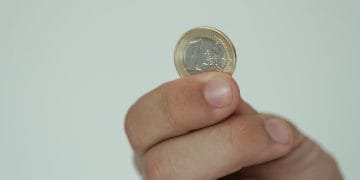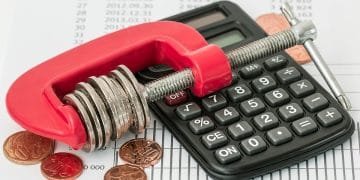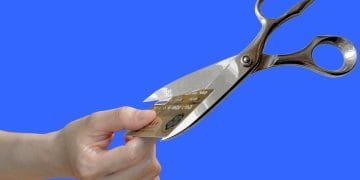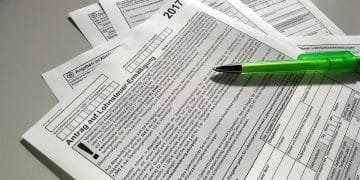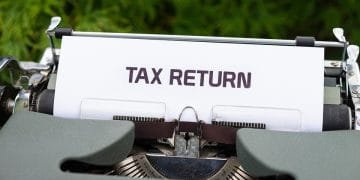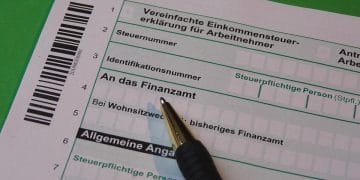[ad_1]
Unlocking Financial Freedom: Proven Debt Reduction Strategies to Achieve Your Financial Goals
Financial freedom is a goal that many individuals strive towards, but debt can act as a major roadblock on the path to achieving this goal. Whether you’re looking to pay off student loans, credit card debt, or a mortgage, there are proven strategies that can help you reduce your debt and move closer to achieving your financial goals.
Understanding Debt and Its Impact on Financial Freedom
Debt can be a significant burden on individuals and families, impacting their ability to save, invest, and achieve their financial goals. High levels of debt can lead to stress, anxiety, and a feeling of being trapped in a cycle of payments. In order to unlock financial freedom, it’s essential to understand the impact that debt can have on your financial wellbeing.
When you’re in debt, a significant portion of your income goes towards making monthly payments, leaving you with less money to save or invest for the future. High levels of debt can also lead to higher interest payments, making it even more difficult to pay off your balances. Additionally, debt can impact your credit score, making it harder to qualify for loans or secure low interest rates in the future.
Proven Debt Reduction Strategies
While reducing debt may seem like a daunting task, there are several proven strategies that can help you pay off your balances and move closer to achieving financial freedom. Here are some effective debt reduction strategies to consider:
1. Create a Budget
One of the first steps in reducing your debt is to create a budget that outlines your income, expenses, and debt payments. By tracking your spending and identifying areas where you can cut back, you can free up more money to put towards paying off your debt.
2. Prioritize High-Interest Debt
If you have multiple debts, prioritize paying off the ones with the highest interest rates first. By focusing on high-interest debt, you can save money on interest payments and pay off your balances more quickly.
3. Snowball Method
The snowball method is a debt reduction strategy where you start by paying off the smallest debt first, then move on to the next smallest debt, and so on. As you pay off each debt, you’ll gain momentum and motivation to tackle larger balances.
4. Debt Consolidation
Debt consolidation involves combining multiple debts into a single loan with a lower interest rate. This can simplify your payments and potentially save you money on interest over time.
5. Negotiate with Creditors
If you’re struggling to make payments on your debt, consider reaching out to your creditors to ask for a lower interest rate or a more affordable payment plan. Many creditors are willing to work with you to help you pay off your debt.
Achieving Financial Goals
By implementing these proven debt reduction strategies, you can take steps towards achieving your financial goals and unlocking financial freedom. Whether you’re looking to save for retirement, buy a home, or start a business, reducing your debt can help you get closer to realizing your dreams.
Remember, achieving financial freedom is a journey that requires dedication, discipline, and a commitment to living within your means. By taking control of your debt and making smart financial decisions, you can build a solid foundation for a secure and prosperous future.
Conclusion
Debt can be a major roadblock on the path to achieving financial freedom, but with the right strategies and mindset, it is possible to reduce your debt and achieve your financial goals. By creating a budget, prioritizing high-interest debt, and exploring debt consolidation options, you can take control of your finances and move closer to unlocking financial freedom.
Remember, financial freedom is not just about being debt-free, but also about having the ability to achieve your long-term financial goals and live the life you’ve always dreamed of. By taking proactive steps to reduce your debt and improve your financial health, you can set yourself up for a bright and secure future.
[ad_2]























